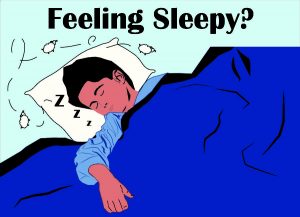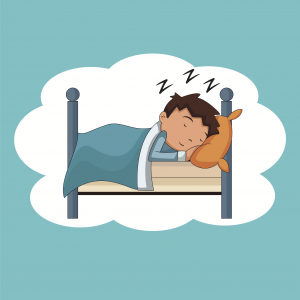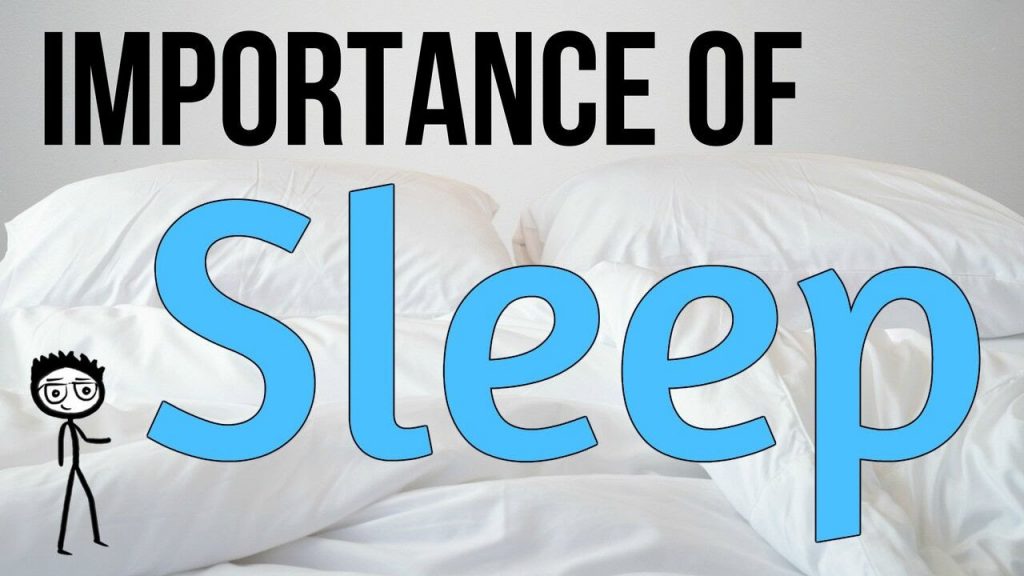Sleeping is essential for a person’s health and well-being and yet there are millions of people who do not get enough sleep. Sleep is one of our basic daily needs and it is vital to our health, both mentally and physically. During sleep, your body is working to support a healthy brain function and maintain your physical health and in children and teens, sleep helps in growth and development.

What Happens When We Sleep?
Our bodies need rest and sleep is one way to conserve energy and decrease blood pressure, heart rate, breathing, and body temperature. Though, our brains remain active and lead to a healthy mental functioning. Sleep is regulated into two different types of sleep, rapid eye movement (REM) sleep and non-REM sleep. Normally, we spend about three-quarters of our night’s sleep in non-REM sleep and about one quarter in REM sleep.
Non-REM sleep involves three stages:
• Transition to sleep is the sensation of falling. That’s the feeling of drowsiness and you can be easily awakened and may not recognize having been asleep.
• Light sleep is where the body temperature drops and breathing and heart rate slows. The body prepares itself for deep sleep.
• Deep sleep or slow wave sleep is when the breathing, heart rate, and brain waves become slow. Growth and repair occur at this stage. It is difficult to wake up and when awake it is normal to feel disoriented and groggy. We dream in fragments at this stage.
REM sleep is the process where we fall asleep after 70 to 90 minutes. The flickering of the eyes and breathing, heart rate and blood pressure are irregular. REM sleep is also the time in which we dream more. We are temporarily paralyzed in this stage.

How Much Sleep Do We Need?
As we know that sleep varies from person to person, the age, the lifestyle, and health factors that intervene. It is important to assess not only where you fall on the sleep spectrum but examines what other factors are affecting the quality and quantity of sleep you need.
According to the National Institute of Health, the following sleep recommendation by age group is:
• Newborns – 16-18hours
• Preschool – 11-12 hours
• School children – at least 10 hours
• Teens – 9-10 hours
• Adults 18+ (including elderly) – 9-10 hours
What Happens If We Don’t Get Enough Sleep?
If you’re not getting enough sleep, your sleep loss adds up. Sleep deprivation has many effects on both our body and mind. We have a shorter attention span, slow reaction to things, poor concentration, poor memory, and reduced or bad decision-making skills. Not having enough sleep affects our mood making us more impatient or bad-tempered. Long-term sleep deprivation leads to the risk of developing depression and anxiety.
When to seek help?
You may try meditation or yoga to help you sleep but if it persists then consult a doctor!



